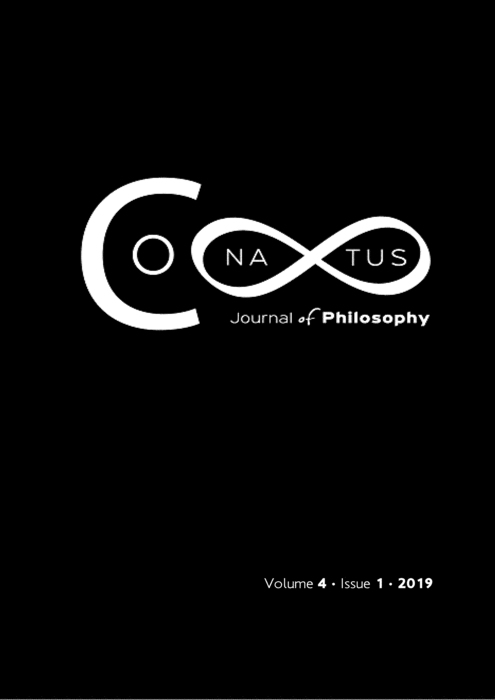The Analytic Model of Consent and The Square of Opposition

Abstract
Modelling consent is a process prior to any discussion about it, be it theoretical or practical. Here, after examining consent, I shall attempt to present a “logical generator” that produces all different cases of consent (and/or of non-consent), so that afterwards we may articulate a two-dimensional model which will enable us to coherently demonstrate all possible types of consent. The resulting model will be combined with Aristotle’s square of opposition, offering us even greater insight. I shall claim that full(y) informed consent is an archetype, not realized in most cases; it is just one case out of hundreds more. I shall conclude with an educational model for consent, the principle of specificity, arguing that if we wish to both understanding consent and become more adept in exercising it, we need a targeted educational system – not just “better education” in general.
Article Details
- How to Cite
-
Papageorgiou, K. (2019). The Analytic Model of Consent and The Square of Opposition. Conatus - Journal of Philosophy, 4(1), 79–98. https://doi.org/10.12681/cjp.18611
- Section
- Articles

This work is licensed under a Creative Commons Attribution-NonCommercial 4.0 International License.
Authors who publish with this journal agree to the following terms:
Authors retain copyright and grant the journal right of first publication with the work simultaneously licensed under a Creative Commons Attribution Non-Commercial International License (CC BY-NC 4.0) that allows others to share the work with an acknowledgement of the work's authorship and initial publication in this journal.
Authors are able to enter into separate, additional contractual arrangements for the non-exclusive distribution of the journal's published version of the work (e.g. post it to an institutional repository or publish it in a book), with an acknowledgement of its initial publication in this journal.
Authors are permitted and encouraged to post their work online (preferably in institutional repositories or on their website) prior to and during the submission process, as it can lead to productive exchanges, as well as earlier and greater citation of published work.





